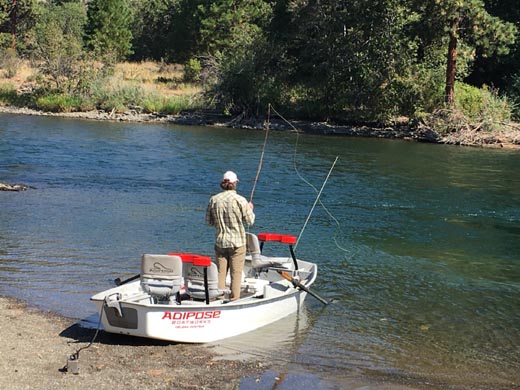Breaking Out
When Going Against the Prevailing Wind Becomes ImperativeMarcia McGreevy Lewis
© Copyright 2023 byMarcia McGreevy Lewis

Photo property of the author..
Breaking OutWhen Going Against the Prevailing Wind Becomes ImperativeMarcia McGreevy Lewis © Copyright 2023 byMarcia McGreevy Lewis |
 Photo property of the author.. |